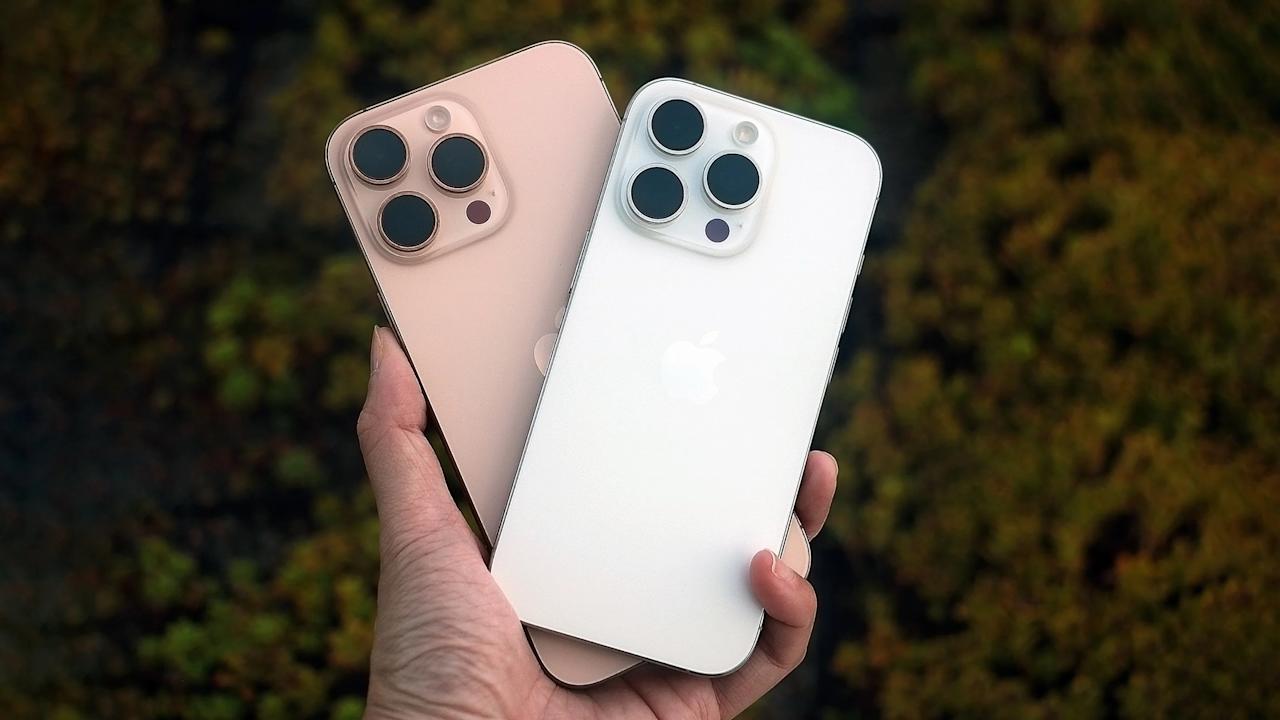
Introduction : Bluetooth impacted society today
In an invisible dance of digital connections, Bluetooth has quietly—and not so quietly—swept its way into the very fabric of modern life. From hands-free calls to synchronized healthcare data, Bluetooth has transformed the landscape of societal interactions, personal health, and productivity. This piece will explore how Bluetooth, a seemingly simple technology for wireless communication, has had prolific implications for consumers, innovators, and the tech industry at large.
Bluetooth’s Roots and the Wireless Revolution
Bluetooth technology, named after the 10th-century Danish king Harald Blåtand (anglicized as Harold Bluetooth), who united Denmark, stands as a unifier of devices in the digital realm. Conceived in 1994 by powerful telecommunication consortiums, the Bluetooth Special Interest Group (SIG) brought it to life. Since then, Bluetooth has evolved, beginning with version 1.0 and now boasting a 5.2 update, each iteration enhancing reliability, speed, and range.
Early applications were modest – wireless headsets and peripheral connections for PDAs and phones – but the potential was evident. This enabled the wireless revolution and fueled our current era of constant connectivity. For tech enthusiasts, following Bluetooth’s evolution has been like watching a wallflower blossom suddenly into full and colorful bloom.
Wireless Connectivity and Convenience
The exodus from wired connections began with Bluetooth. Remember the days of wired headphones that always seemed to tangle themselves into an unsolvable knot? Or how about the treasured cassette adapter in the car to play your phone’s music through the speakers? Bluetooth ended those inconveniences.
Today, Bluetooth’s seamless connectivity is a given. It facilitates easy pairing between devices, eliminating the need for cumbersome cords and connectors. The average consumer now demands Bluetooth compatibility, and its absence in a device can be a deal-breaker. Cross-platform communication has never been easier, thanks to Bluetooth standards, allowing for interoperability between Android, iOS, and countless other platforms.
Smartphones, Laptops, and IoT Devices
Smartphones were the first milestone for Bluetooth adoption, heralding a new era where “smart” meant “connected.” Bluetooth headsets and car kits offered hands-free communication, improving driver safety. Data tethering allowed for internet connectivity on the go, a game-changer for professionals. As for laptops, wireless mice and keyboards became ubiquitous, freeing desks from tangled cords.
The Internet of Things (IoT) movement took this even further, with devices communicating autonomously, sharing data, and enhancing daily life. From smart thermostats and lightbulbs to refrigerators that remind us when the milk is running low, Bluetooth connectivity plays a significant role in our modern, interconnected homes.
Consumer Electronics Go Wireless
Perhaps the most visible and audible impact of Bluetooth is in consumer electronics. The removal of headphone jacks from devices was met with resistance at first, but the proliferation of wireless earbuds and headphones soon won over many skeptics. This shift in audio technology has been a testament to Bluetooth’s adaptability to meet new demands.
Beyond audio, Bluetooth has facilitated the rise of smart home technology. These wireless networks of devices have seen a market surge, offering increased convenience and energy efficiency. Smart locks, security cameras, and even pet feeders can be controlled from a smartphone, powered by the unassuming connectivity of Bluetooth.
Evolution of Bluetooth-Enabled Gadgets
The product ecosystem that Bluetooth has spawned is vast and continually expanding. From fitness trackers that monitor heart rates to golf ball trackers that find lost balls, there seems to be no limit to the innovations driven by Bluetooth’s wireless capabilities.
Innovative uses go beyond individual gadgets to collaborative efforts. For instance, Bluetooth LE (low energy) connects a mobile device to retail tags, sending product information or mobile coupons with a simple tap. This kind of proximity marketing is just one way that Bluetooth is influencing the retail landscape.
Bluetooth in Healthcare and IoT
Bluetooth’s importance in healthcare should not be underestimated. Wearable devices are constantly monitoring our vital signs and sending data to our smartphones or healthcare providers. This enables real-time analysis, potentially saving lives through early detection of health anomalies.
In the broader context of IoT, Bluetooth-based applications continue to impact various industries. In smart cities, Bluetooth technology underpins networks that collect and manage data from traffic lights, parking meters, and environmental sensors. This data optimizes city services and improves quality of life for residents.
Challenges and Future Trends
For all its benefits, Bluetooth technology does not come without challenges. The most significant of these is the looming specter of security risks and data privacy concerns. The potential for unauthorized access or ‘Bluejacking’ remains, especially with the advent of more sophisticated hacking tools.
Yet, despite these risks, the future of Bluetooth technology remains promising. Upcoming Bluetooth 5.2 and beyond aim to address these concerns while offering features like enhanced audio quality, improved battery life, and higher data transfer rates, maintaining Bluetooth’s edge in a wireless world.
Summary of Bluetooth’s Transformative Role
It’s clear that Bluetooth’s impact on modern society is profound. From untangling the web of wires that once confined us to facilitating robust communication between a plethora of devices, Bluetooth has emerged as an enabler of connectivity in all aspects of daily life.
This has led to significant increases in productivity and efficiency in the workplace, more immersive and dynamic user experiences at home and on the go, and innovative leaps forward in healthcare and other industries. Bluetooth’s influence shows no sign of diminishing—it’s just getting started.
Call to Embrace and Adapt
For consumers and innovators alike, the message is clear. The technology underpinning Bluetooth, with its ability to connect various devices seamlessly, offers a rich foundation for future creations and connectivity. It’s a call to action to not just appreciate Bluetooth’s current capabilities but to push its potential further in ways that can foster even more profound change in society.
With every Bluetooth-enabled gadget we add to our lives, with every health issue detected early through our smartwatches, society continues to evolve. Our responsibility is to ensure that this technological wave is surfing society toward a better, more connected, and more conscious future.







